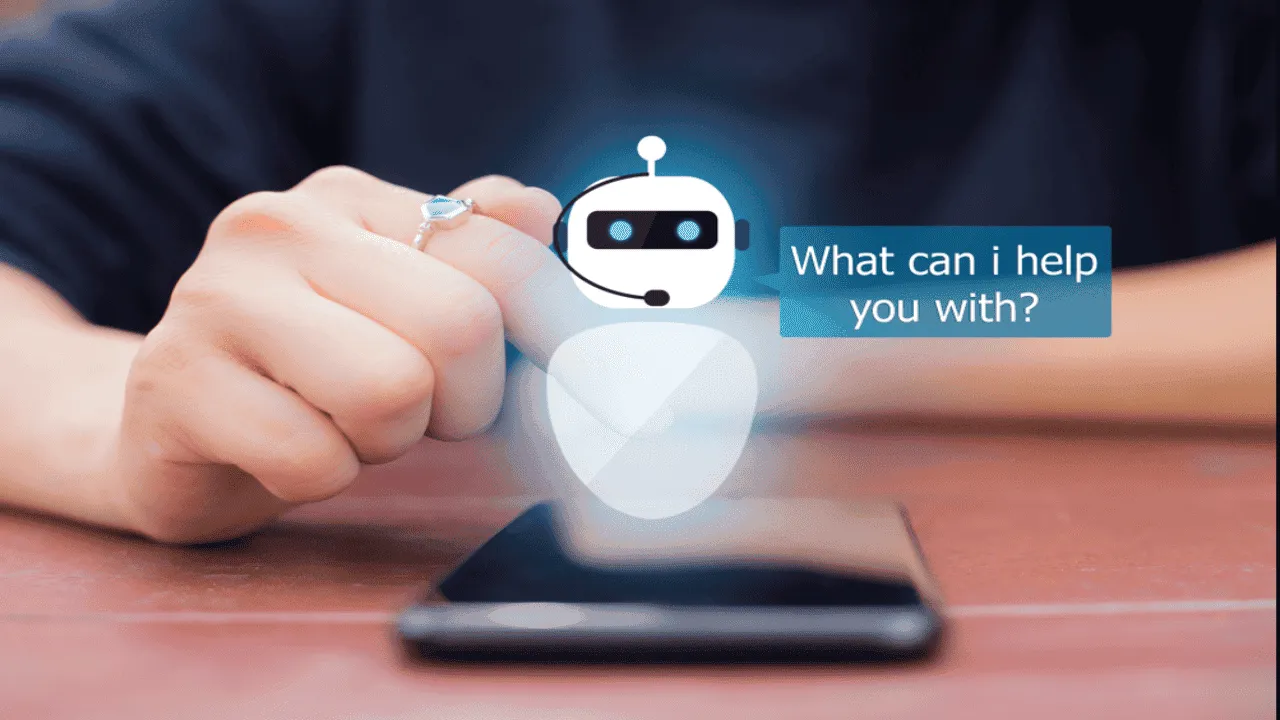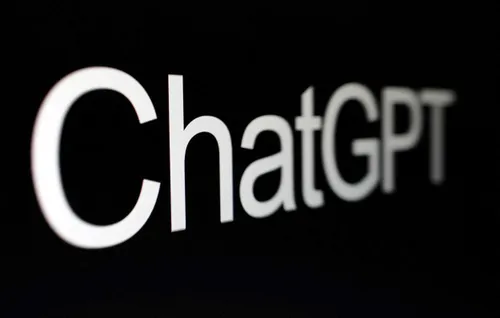Shorter Weeks for Longer Living: The Promise of AI ChatGPT
artificial intelligenceMonday, 10 April 2023 at 12:09

The labour market can accommodate chatbots that use AI, as Christopher Pissarides proves. He is a professor at the London School of Economics and Political Science and winner of the Nobel Prize in economics. His words appear to have allayed fears that the use of AI chatbots would lead to significant job losses.
Pissarides is an expert in the impact of automation on human labour. He says that "I’m very optimistic that we could increase productivity. We could increase our well-being generally from work and we could take off more leisure. We could move to a four-day week easily."
AI chatbots, such as Google's Bard and OpenAI's ChatGPT, are seen as a game-changing tech. While it could lead to increased productivity, it also has the potential to see robots replace humans in hundreds of millions of white-collar jobs.
Want it or not, the age of AI chatbots has arrived
Pissarides has studied the impact of automation on employment and won the Nobel Prize in economics for his work. However, he also thinks that the AI chatbots could be misused, leading to certain negative effects. For instance, they could be used for spying or invasion of privacy. Against all odds, the scholar thinks that AI could have a "big impact" on productivity if used properly.
According to Pissarides, "They could take away lots of boring things that we do at work … and then leave the interesting stuff to human beings. The transition for workers will be made less painful by slower adoption by companies despite the technology moving fast.”

There are also people who fear that AI and the likes will change the society in a negative way. For example, an open petition signed by many people in the niche, including Tesla CEO Elon Musk, demanded a halt to the creation of AI systems stronger than GPT-4.
From the advent of the word "AI" in the business, scientists have been debating this issue. In other words, it makes sense for people to worry about losing their employment as AI develops. Yet Pissarides shows that if people want to work, there might be an almost infinite number of employment. So what people need to do in the transition period, before AI chatbots change the way people find work, is to develop their talents.
Popular News
Latest News
Loading




